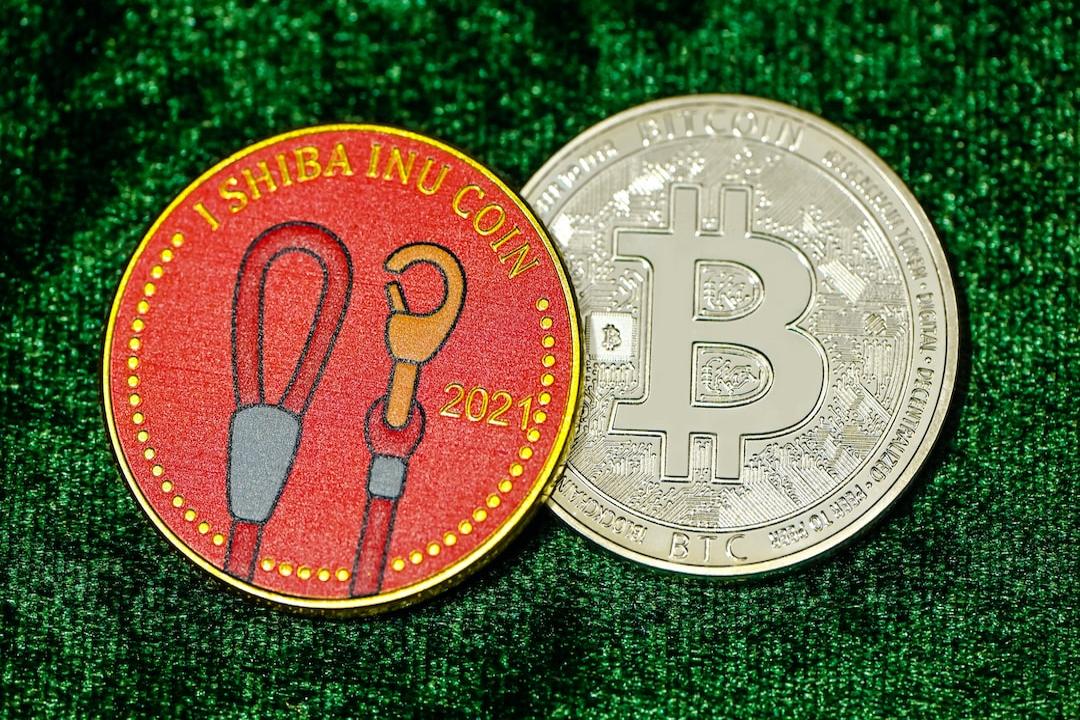Title: “Washington’s Transformation: Embracing Cryptocurrency Alpha”
Authored by: Matt Hougan, Chief Investment Officer at Bitwise
Translated by: Chris, Techub News
Beyond the cryptocurrency bubble, it seems that few have taken notice of Washington’s evolving stance on cryptocurrency. This could signal Alpha.
Alpha is the rarest commodity in the world.
Investopedia defines Alpha as the “ability of an investment strategy to outperform the market” or its “advantage.” Alpha is rare because of the fierce market competition. To attain Alpha, you need to possess information that the market doesn’t know.
This is no easy feat. Hedge funds, institutions, and high-frequency trading companies have vast experience and billions of dollars in resources, making them formidable adversaries to overcome in the quest for Alpha.
This is also why index investing is so popular, as most active fund managers struggle to outperform the market. According to Standard & Poor’s data, over the past 10 years, nearly 90% of active fund managers have underperformed the market.
I am a staunch supporter of index investing. I help manage the world’s largest cryptocurrency index fund and wrote the foreword for Eric Balchunas’ “The Bogle Effect,” which tells the story of Jack Bogle, the founder of Vanguard and widely recognized as the “father of index investing.”
However, at times, I also discover Alpha present in the market, and nothing is more exhilarating than that. Now is one such exciting moment.
Gunshots unheard anywhere in the world
As readers may be aware, over the past month, Washington’s attitude towards cryptocurrency has undergone a significant shift.
In recent years, the political landscape surrounding cryptocurrency has become increasingly complex due to partisan divisions. Republicans generally support cryptocurrency, while Democrats are mostly opposed.
An evident example is Senator Elizabeth Warren’s announcement last March of the “Anti-Cryptocurrency Alliance,” showcasing the Democrats’ hostility towards cryptocurrency.
Nevertheless, in recent years, the political influence of cryptocurrency has been steadily growing, including the formation of one of the top ten political action committees in Washington. These efforts are beginning to bear fruit. The shift began on May 8th when 21 Democrats in the House voted to repeal SAB 121, a ridiculous rule set by the SEC that effectively prevented large banks from custodying crypto assets. A few days later, 10 Senate Democrats (including Senate Majority Leader Chuck Schumer) joined Republicans in voting to repeal the bill. This marked the first proactive legislative action on cryptocurrency in American history.
Subsequently, on May 20th, 71 Democrats and 208 Republicans voted together to support FIT21, comprehensive cryptocurrency legislation that grants the Commodity Futures Trading Commission (CFTC) primary regulatory authority over cryptocurrency.
Even more unexpectedly, SEC Chairman Gary Gensler, appointed by the Democrats, approved the listing application for an Ethereum spot ETF.
It should be noted that from a political standpoint, cryptocurrency still has a long way to go. On Friday, President Biden vetoed the repeal of SAB 121, despite the growing bipartisan majority in Congress.
Nevertheless, this is just a minor setback. We have been sailing against the wind in the cryptocurrency field for the past decade, and now the winds of change are beginning to blow.
Why is this Alpha?
I believe this is Alpha because, aside from the cryptocurrency bubble, people are indifferent to other matters.
In the past few weeks, I have been attending various conferences, and despite my efforts to engage, this story has failed to resonate. I’ve discussed the election results, Warren’s anti-cryptocurrency alliance, and the unexpected progress of the Ethereum ETF, but people remain apathetic.
This story is too complex, and the impact is too distant. After all, Washington’s policies have not truly changed yet. The repeal of SAB 121 was vetoed; the likelihood of FIT21 passing the Senate before the elections is slim; and the Ethereum ETF has not been officially launched.
Although the direction of the tide has become apparent, it will still take time for the tide to rise. If people understand the impact of Washington’s transformation, the cryptocurrency market will reach new historical highs.
Let me provide an example.
Financial advisors in the US manage approximately $20 trillion in wealth. For the past six years, we have asked these advisors annually what hinders them from allocating more to cryptocurrency in their portfolios. For five consecutive years, the answer has remained consistent: regulatory uncertainty. In our recent survey, this is still the primary concern for 64% of advisors.
So, imagine how much of this $20 trillion will flow into the cryptocurrency market when the biggest obstacle is removed.
Take Wall Street, for example. In recent years, some of the largest banks either abandoned cryptocurrency or cautiously entered the field for the same reasons. For instance, JPMorgan, Nasdaq, and State Street Bank all announced plans to launch cryptocurrency custody services in the past two years, but these initiatives were eventually shelved due to regulatory uncertainties.
If you think BlackRock’s foray into the cryptocurrency space has had a positive impact on the market, imagine the entire Wall Street embracing cryptocurrency, viewing it as an indispensable part, and the unstoppable tide it would unleash.
The market will realize that we are in a new era of cryptocurrency, driving the entire industry to break new ground and move towards historical highs.

